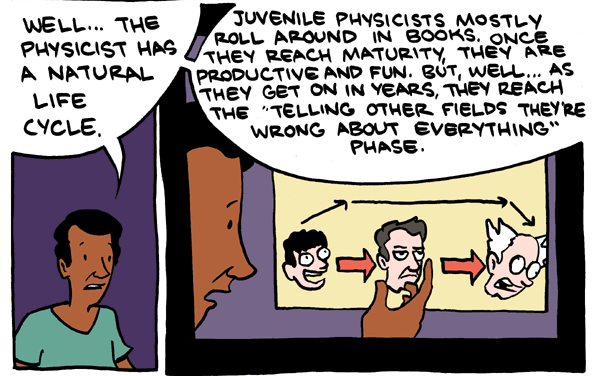Apparently Nigel Lawson, Chairman of the Global Warming Policy Foundation, met with members of the Royal Society to discuss climate science and climate policy. Nigel Lawson has reported on aspects of the meeting in a Spectator article and is implying that – at the insistence of the Royal Society – the details of what was discussed remain secret. The article, however, actually says that the Royal Society insisted that there be no press present, which is not quite the same as insisting that the details of the meeting remain secret, but maybe they did insist on that too.
According to Lawson’s article the meeting was motivated by an exchanged between Nigel Lawson and Paul Nurse (president of the Royal Society) in which Paul Nurse apparently said (wrt Nigel Lawson)
I am not sure you are receiving the best advice, and I would be very happy to put you in contact with distinguished active climate research scientists if you think that would be useful.’
Nigel Lawson responded with :
I readily accepted his offer….. The charge that my critical views about climate change policy are based on inadequate exposure to reputable scientists was always absurd, not least given that the academic advisory council of the GWPF has on it, among others, the world’s most highly regarded physicist, Professor Freeman Dyson of Princeton, arguably the world’s most eminent climate scientist, Professor Richard Lindzen of MIT (who flew over for the meeting), and three Fellows of the Royal Society.
Well Freeman Dyson is indeed a great physicist, but that doesn’t necessarily imply that he’s an expert at climate science. His views on climate science are motivating various rather uncomplimentary cartoons, such as the one below from SMBC comics (although, to be clear – if you do follow the link – I don’t think that Freeman Dyson should be put down).
Furthermore, if you were to read this I don’t think one would conclude that Richard Lindzen is one of the world’s most eminent climate scientists.
So, are there others on the GWPF’s Academic Advisory Council who might be giving suitable advice about climate science? Well, I count 7 economists who, presumably, are largely unqualified to give advice, specifically, about climate science. There’s a physicist who thinks rising atmospheric CO2 concentrations are fine because CO2 is plant food. There’s Henrik Svensmark who has suggested that our climate is sensitive to the flux of galactic cosmic rays (GCRs). The latest results from CERN’s CLOUD experiment suggests that the cosmic radiation that bombards the atmosphere from space has negligible influence on the formation rates of these particular aerosols. There’s an astrophysicist who has mainly worked in the media, another astrophysicist who thinks it’s the Sun (it’s not), a biochemist, a geologist, a science writer (who is probably more famous for being Chairman of the first UK bank to have a run on its finances in over 100 years), an electrical engineer, and a biogeographer.
So Nigel Lawson may well believe that he’s getting adequate exposure to reputable scientists, but there’s very little evidence to suggest that he actually is. There are 25 people on the Academic Advisory Council, but only one is actually a climate scientist (Richard Lindzen) and, as far as I can tell, is not particularly well regarded by his peers. There appear to be 14 others with science backgrounds, but only two seem to have done research in an area related to climate science and both have theories (GCRs and the Sun) that have largely been shown to be incorrect. So, it’s quite hard to believe that he’s referring to the GWPF’s Academic Advisory Council when he suggest that he’s getting adequate exposure to reputable scientists.
I have sometimes wondered, given that the GWPF does not think that there is a consensus amongst active climate scientists with respect to AGW, why the GWPF doesn’t simply select the scientists on its Advisory Council randomly from active, senior climate scientists? That way you’re likely to get adequate exposure to reputable scientists and if it’s random – and there’s no consensus – those selected are unlikely to have any particular bias. Do you think Nigel Lawson would agree with such a suggestion? Maybe someone could suggest it if they ever bump into him somewhere.
